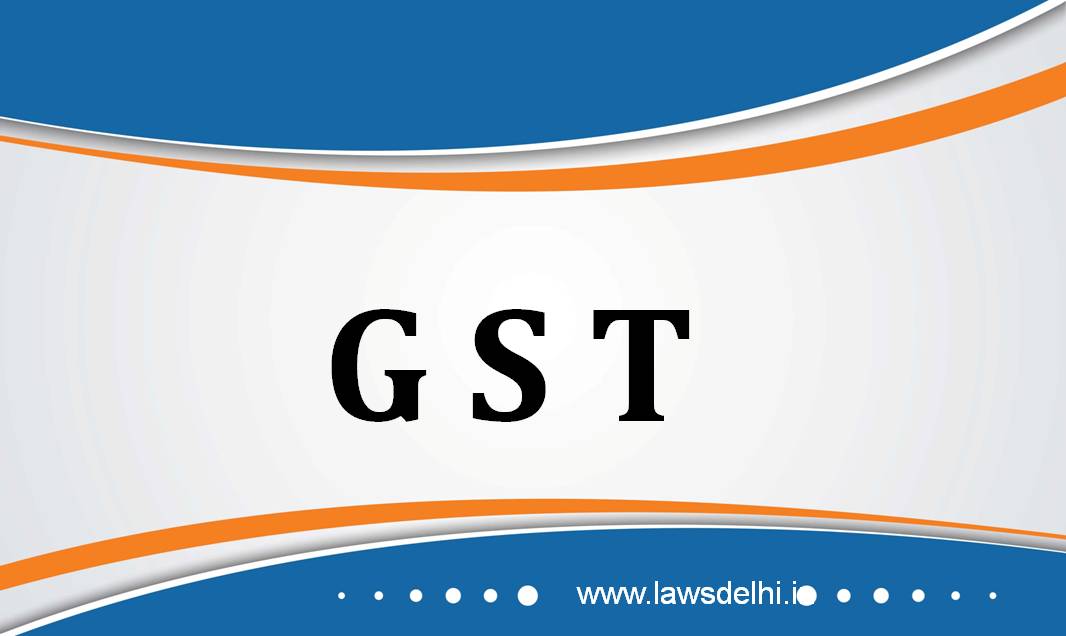Karnataka Value Added Tax Act, 2003 – Section 70 – Mere production of the invoices or the payment made by cheques is not enough and cannot be said to be discharging the burden of proof cast under section 70 of the KVAT Act, 2003 – Unless and until the purchasing dealer discharges the burden cast
SUPREME COURT OF INDIA DIVISION BENCH THE STATE OF KARNATAKA — Appellant Vs. M/S ECOM GILL COFFEE TRADING PRIVATE LIMITED — Respondent ( Before : M.R. Shah and C.T. Ravikumar,…



